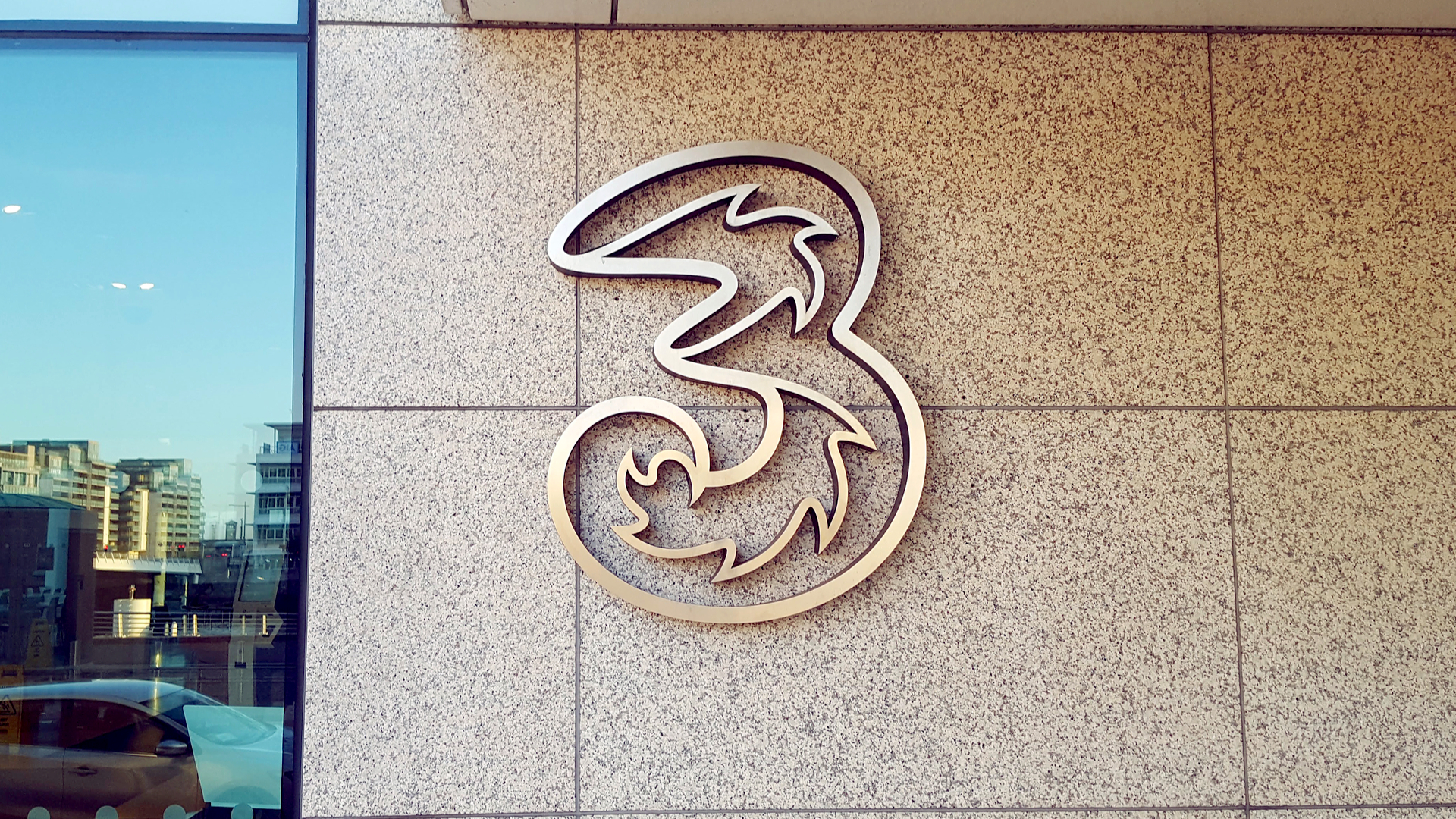Three launches UK's first fully unlimited 5G network
Unlimited data and speeds for one single price will appeal to some, but there some serious drawbacks to its launch


Three has launched its 5G network today with its only option available being a home broadband replacement package using a Huawei router.
Its plan will support unlimited data allowances and, unlike Vodafone and EE's 5G networks, it comes without speed caps - one single plan costing 35 per month.
Three is aiming to take on the home broadband market with its 5G service; the package either comes as a 12-month fixed contract or a monthly rolling one which is cheaper than BT, Virgin, TalkTalk and Sky's superfast home broadband packages.
Three's 5G is being marketed based on the company's favourable contiguous spectrum holding. It currently owns more than double the amount of usable 5G spectrum than any other carrier in the UK, meaning a likely better 5G service on launch than EE and Vodafone, the only other two operators with active 5G networks.
The service is only available in London as of now, but the company said it will be live in 24 more cities by the end of the year. There's no indication as to when 5G packages will be released for mobile handsets.
"Three's 5G is going to revolutionise the home broadband experience," said Three CEO Dave Dyson. "No more paying for landline rental, no more waiting for engineers, and even a same-day delivery option. It really is the straightforward plug and play broadband that customers have been waiting for.
"We've taken a simple approach with one single truly unlimited data plan to give customers the opportunity to fully explore 5G and all its exciting possibilities. The ease and immediacy of it all means home broadband using 5G is going to be key to the future of the connected home," he added.
Get the ITPro daily newsletter
Sign up today and you will receive a free copy of our Future Focus 2025 report - the leading guidance on AI, cybersecurity and other IT challenges as per 700+ senior executives
Three said that due to the 140 MHz of spectrum it owns (100 MHz of it contiguous), the reachable speeds and capacity of the network will make it superior to others, which have so far largely disappointed us here at IT Pro. By contrast, Vodafone has the second most amount of spectrum at 50 MHz, with BT and EE each having 40 MHz.
"These features make our spectrum most efficient to deploy technically, supporting faster speeds and enabling a better customer experience of the power and potential of 5G," said Three.
"In fact, International Telecommunication Union (ITU) standards indicate that to deliver a 5G network, you may need to have a minimum of 100MHz of 5G spectrum. Right now, we're the only UK mobile network to have over this amount."
The only cost of upgrading to a 5G network for an existing Three customer is the one incurred by purchasing a new, 5G-ready handset or home router.
However, Three's 5G launch is one of the most limited in terms of service. EE and Vodafone have both expanded beyond their initial six and seven launch cities respectively, in addition to offering mobile and home/SMB 5G fixed-wireless packages.
"Known for being the challenger operator in mobile, Three is now turning its attention to disrupting the fixed broadband market with its unlimited, no engineer required, 'fibre-like speeds' proposition," said Matthew Howett, founder and principal analyst at Assembly. "Vodafone having already launched its 5G service surprised most of us by also having an unlimited proposition, albeit segmented based on speed.
"Three is in a particularly strong position to have a successful fixed-wireless access product given its strong spectrum holdings," he added. "The large portfolio of contiguous spectrum it has is particularly useful for speed, reliability and capacity - something that will be crucial in the home broadband environment."
Howett also said that one of the biggest challenges the operator is likely to face is the uncertainty regarding Huawei and its role in the supply chain. If the Chinese tech giant receives a trade ban in the UK, which is still reviewing the company's involvement in the nation's infrastructure, then its resulting delay to the country's 5G rollout could "cost the UK economy between 4.5bn and 6.8bn".

Connor Jones has been at the forefront of global cyber security news coverage for the past few years, breaking developments on major stories such as LockBit’s ransomware attack on Royal Mail International, and many others. He has also made sporadic appearances on the ITPro Podcast discussing topics from home desk setups all the way to hacking systems using prosthetic limbs. He has a master’s degree in Magazine Journalism from the University of Sheffield, and has previously written for the likes of Red Bull Esports and UNILAD tech during his career that started in 2015.
-
 Bigger salaries, more burnout: Is the CISO role in crisis?
Bigger salaries, more burnout: Is the CISO role in crisis?In-depth CISOs are more stressed than ever before – but why is this and what can be done?
By Kate O'Flaherty Published
-
 Cheap cyber crime kits can be bought on the dark web for less than $25
Cheap cyber crime kits can be bought on the dark web for less than $25News Research from NordVPN shows phishing kits are now widely available on the dark web and via messaging apps like Telegram, and are often selling for less than $25.
By Emma Woollacott Published